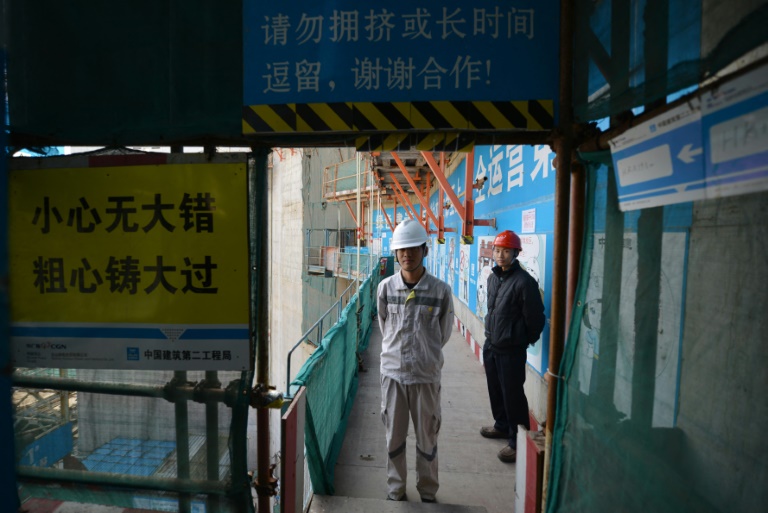China said Tuesday radiation levels remained normal at one of its nuclear power plants and there were no safety concerns, after the station’s French operator reported a gas build-up.
“There is no abnormality in the radiation levels around the nuclear power plant, and safety is guaranteed,” said foreign ministry spokesman Zhao Lijian.
CNN reported earlier that the US government was assessing a report of a leak at the Taishan nuclear power station in the populous southern Chinese province of Guangdong.
The US broadcaster said the French company, Framatome, warned of an “imminent radiological threat”.
Framatome said in a statement to AFP that it is “supporting resolution of a performance issue” at the plant but that according to “the data available, the plant is operating within the safety parameters.”
Powered up in 2018, the Taishan plant was the first worldwide to operate a next-generation EPR nuclear reactor — a pressurised water design that has been subject to years of delays in similar European projects in Britain, France and Finland.
There are now two EPR power units at the plant in the city of Taishan, which sits close to the coastline of southern Guangdong and the financial hub of Hong Kong.
EDF, the majority owner of Framatome, said in a statement that it had requested an extraordinary meeting of the power plant’s board.
Zhao added Tuesday that “China’s nuclear power plants have maintained a good operating record, and there have been no incidents affecting the environment and public health.”
– ‘Slightly higher’ radiation –
The website of Chinese regulator the National Nuclear Safety Administration website has only outlined one incident at Taishan in recent months — an incident on April 5 when it says a “small amount of radioactive gas unexpectedly entered” the water-sealed pipeline in the plant’s first unit.
The statement said that the incident had been inspected and the total amount of gas discharged accounted for 0.00044 percent of the annual emission limit.
It is not clear that the April incident relates to the recent situation flagged by Framatome.
Zhao Tong, senior fellow in the nuclear policy programme at the Carnegie-Tsinghua Centre for Global Policy in Beijing, told AFP that the way the issue had been reported highlighted a lack of trust in China.
“If details of this incident at the Taishan plant had come directly from the Chinese government… rather than from the French company and later picked up by the Western media, it would have been easier to avoid unnecessary overestimation of the severity of the incident,” he told AFP.
Based on the information provided by the Chinese government agencies, he said “the current level of radiation near the Taishan plant is slightly higher than near other plants in China but still remains in the normal range of general environmental radiation level in Guangdong.”
China has dozens of nuclear plants — the world’s third highest after the United States and France — and has invested billions of dollars to develop its nuclear energy sector.
But Zhao warned the fallout from this incident “will continue driving the two sides to become even more divided in the future and to undermine their willingness and capability to jointly address shared risks if a real and serious nuclear incident indeed breaks out.”










